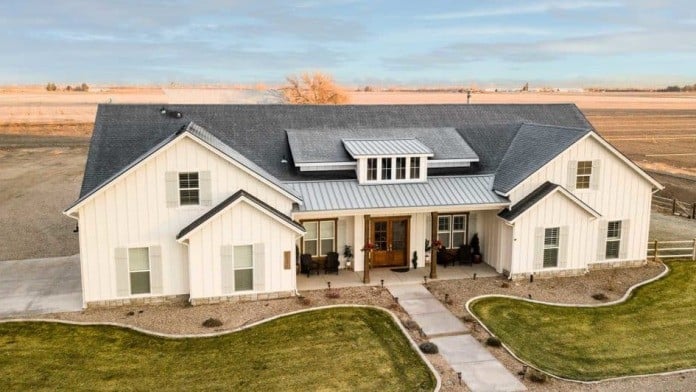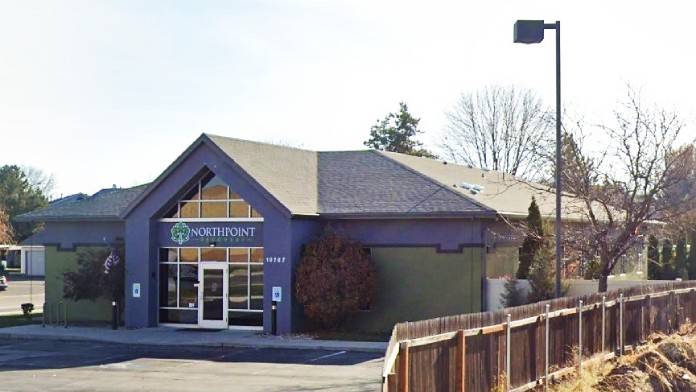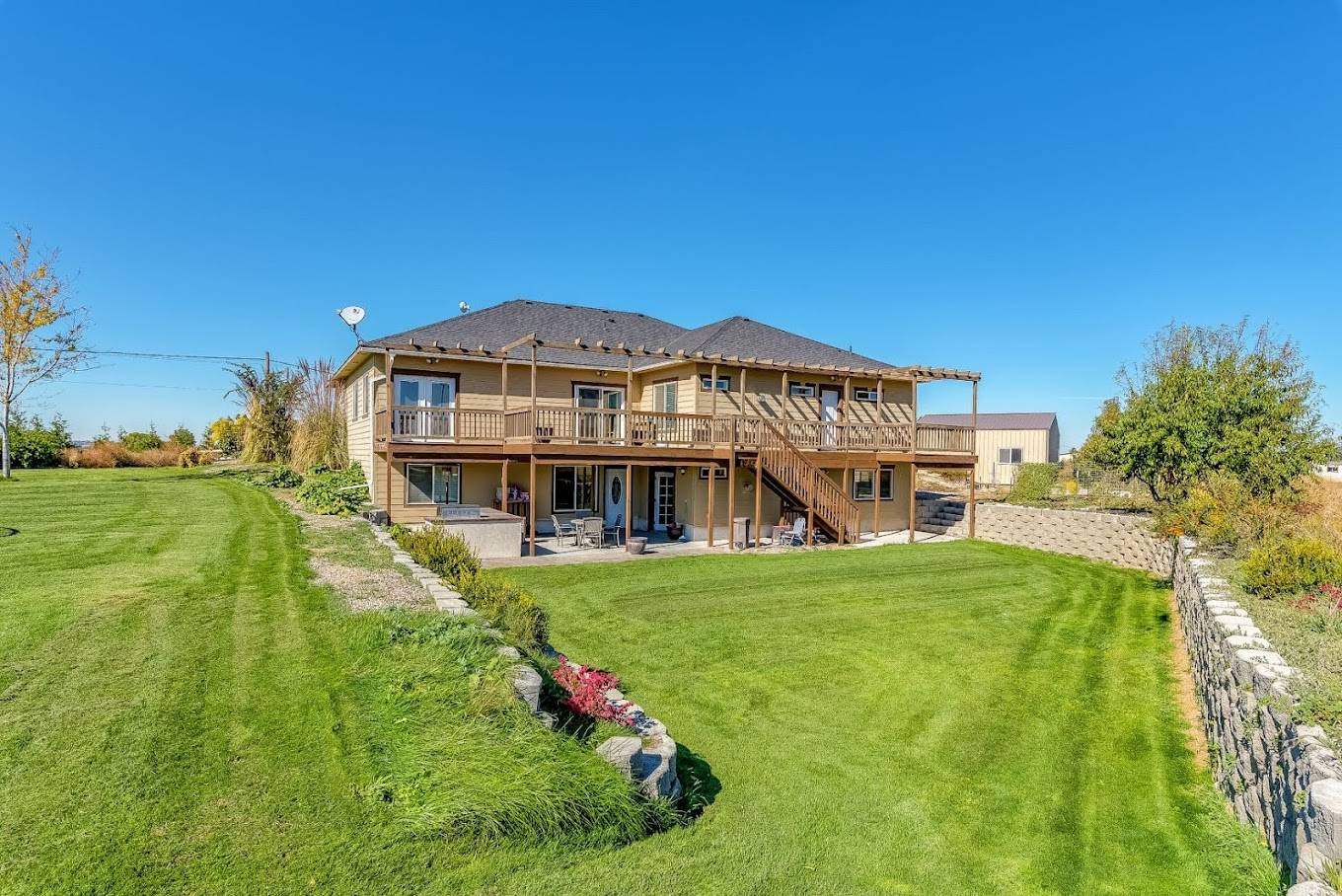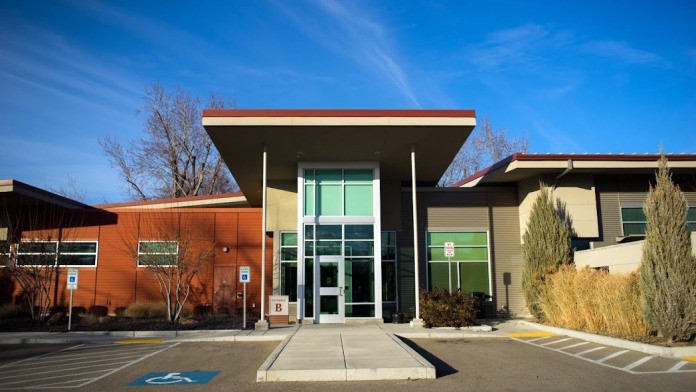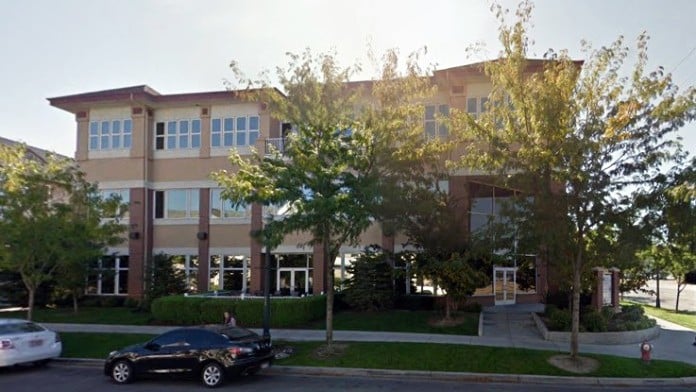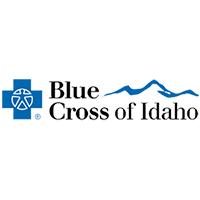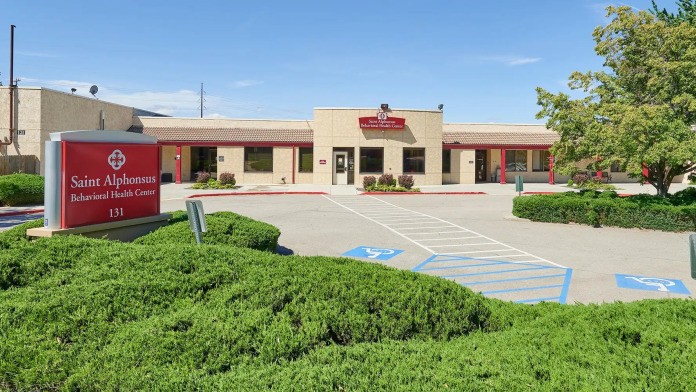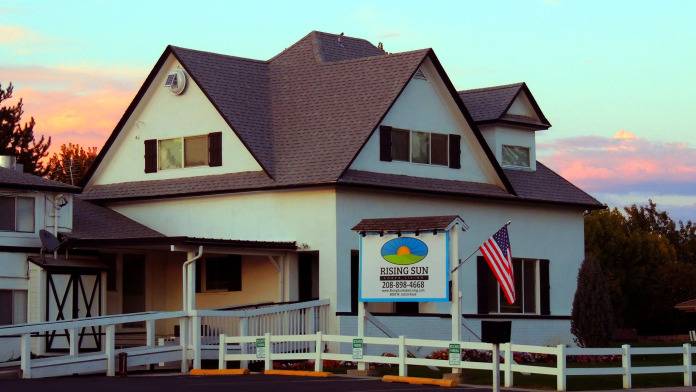The staff is very friendly and always seeks the best for you! I am very grateful for everything they have done
About All Seasons Mental Health – Boise
All Seasons Mental Health in Boise, Idaho, offers outpatient primary, mental, and behavioral health care for people of all ages. The facility is one of the organization’s three Idaho locations, all of which offer low-cost services to people who may not otherwise be able to afford them. Their dynamic team includes doctors, nurses, counselors, and other staff with a broad array of backgrounds and skills.
Compassionate, Multilingual Dual Diagnosis Care
The clinicians at All Seasons Mental Health have more than 50 years of combined experience helping people work through some of life’s most daunting challenges. In addition to treating addiction and co-occurring mental illnesses, such as depression, anxiety, and post-traumatic stress, they can help you work through other life challenges, such as family or relationship conflicts.
Their treatment plans are personalized to suit clients’ distinct needs, and they offer a range of therapeutic modalities including various forms of psychotherapy as well as medication assisted treatment (MAT). Counselors speak multiple languages, and they employ interpreters trained to maintain confidentiality.
Affordable and Convenient
All Seasons Mental Health is the only mental health facility in Idaho that is also a Healthy Connections provider which makes it an ideal location for Medicaid recipients. Here, you can receive a full compendium of medical and supportive services in one place at an affordable price, streamlining the referral process. Even if you don’t have Medicaid, you may qualify for their sliding scale rates.
A Full Compendium of Support Services
Additionally, All Seasons Mental Health offers community-based rehabilitation (CBRS). This program helps people apply the tools they learn in alcohol and drug rehab in the real world, so they can live independently and contribute to society. Their peer-support services, which connect those in early recovery with people who’ve achieved their recovery goals, provide an additional layer of support.
Latest Reviews
Rehab Score
Gallery
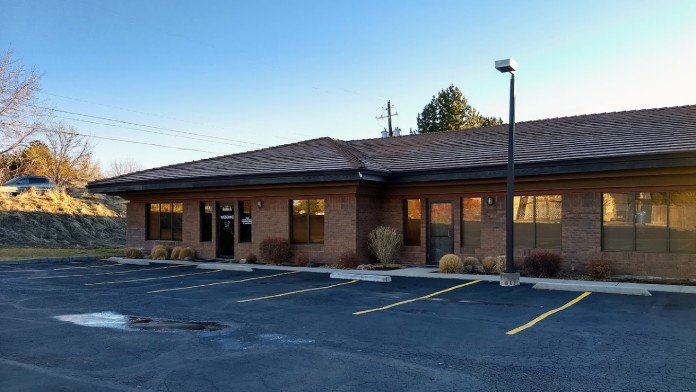
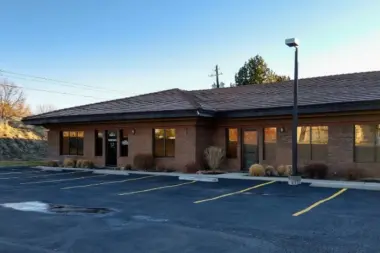
Accepted Insurance





Other Forms of Payment
Medicaid is a state based program that helps lower-income individuals and families pay for healthcare. Medicaid covers addiction treatment so those enrolled can use their coverage to pay for rehab. When a program accepts Medicaid the client often pays very little or nothing out of their own pocket.
Private insurance refers to any kind of healthcare coverage that isn't from the state or federal government. This includes individual and family plans offered by an employer or purchased from the Insurance Marketplace. Every plan will have different requirements and out of pocket costs so be sure to get the full details before you start treatment.
Self-pay involves paying for treatment out of your own pocket. You can use savings or credit, get a personal loan, or receive help from family and friends to fund your treatment. If you don't have insurance or your insurance plan doesn't cover a specific program, self-pay can help ensure you still get the care you need.
Medicare is a federal program that provides health insurance for those 65 and older. It also serves people under 65 with chronic and disabling health challenges. To use Medicare for addiction treatment you need to find a program that accepts Medicare and is in network with your plan. Out of pocket costs and preauthorization requirements vary, so always check with your provider.
Military members, veterans, and eligible dependents have access to specific insurance programs that help them get the care they need. TRICARE and VA insurance can help you access low cost or no cost addiction and mental health treatment. Programs that accept military insurance often have targeted treatment focused on the unique challenges military members, veterans, and their families face.
Addiction Treatments
Levels of Care
Outpatient Programs (OP) are for those seeking mental rehab or drug rehab, but who also stay at home every night. The main difference between outpatient treatment (OP) and intensive outpatient treatment (IOP) lies in the amount of hours the patient spends at the facility. Most of the time an outpatient program is designed for someone who has completed an inpatient stay and is looking to continue their growth in recovery. Outpatient is not meant to be the starting point, it is commonly referred to as aftercare.
Treatments
Mental health rehabs focus on helping individuals recover from mental illnesses like bipolar disorder, clinical depression, anxiety disorders, schizophrenia, and more. Mental health professionals at these facilities are trained to understand and treat mental health issues, both in individual and group settings.
Programs
Adult rehab programs include therapies tailored to each client's specific needs, goals, and recovery progress. They are tailored to the specific challenges adult clients may face, including family and work pressures and commitments. From inpatient and residential treatment to various levels of outpatient services, there are many options available. Some facilities also help adults work through co-occurring conditions, like anxiety, that can accompany addiction.
Young adulthood can be an exciting, yet difficult, time of transition. Individuals in their late teens to mid-20s face unique stressors related to school, jobs, families, and social circles, which can lead to a rise in substance use. Rehab centers with dedicated young adult programs will include activities and amenities that cater to this age group, with an emphasis on specialized counseling, peer socialization, and ongoing aftercare.
Clinical Services
Whether a marriage or other committed relationship, an intimate partnership is one of the most important aspects of a person's life. Drug and alcohol addiction affects both members of a couple in deep and meaningful ways, as does rehab and recovery. Couples therapy and other couples-focused treatment programs are significant parts of exploring triggers of addiction, as well as learning how to build healthy patterns to support ongoing sobriety.
Research clearly demonstrates that recovery is far more successful and sustainable when loved ones like family members participate in rehab and substance abuse treatment. Genetic factors may be at play when it comes to drug and alcohol addiction, as well as mental health issues. Family dynamics often play a critical role in addiction triggers, and if properly educated, family members can be a strong source of support when it comes to rehabilitation.
Group therapy is any therapeutic work that happens in a group (not one-on-one). There are a number of different group therapy modalities, including support groups, experiential therapy, psycho-education, and more. Group therapy involves treatment as well as processing interaction between group members.
In individual therapy, a patient meets one-on-one with a trained psychologist or counselor. Therapy is a pivotal part of effective substance abuse treatment, as it often covers root causes of addiction, including challenges faced by the patient in their social, family, and work/school life.
Staff
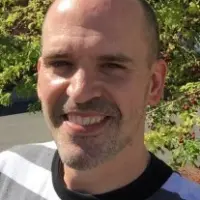
David Buch, LCSW
Therapist

Heather Hieb, LPC, NCC, RPT
Clinical Director
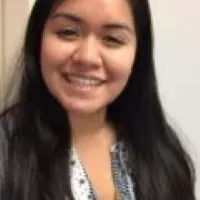
Elizabeth Jeronimo-Mejia, LCSW
Therapist

Joseph Morisette, LCPC
Therapist

Ladette Ruplinger, LPC
Therapist

Rachael Austin, LMSW
Therapist
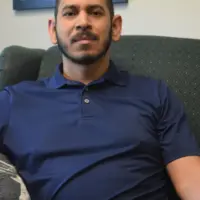
Jerry Nabarrette-Stuart, LMSW
Therapist

Bret Callinan, LCSW
Therapist
Contact Information
6933 West Emerald street
Boise, ID 83704

